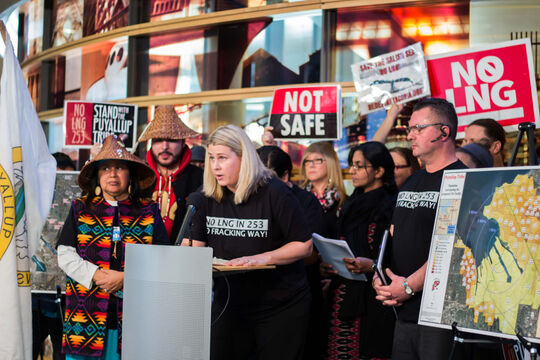Resources
-

Case Studies
Read about CBI’s methods and results across a wide range of work.
-

CBI Reports
Get up to date on CBI’s current projects, and read more about our work and thinking over the years.
Big Ideas
Find out about the principles that guide us.
-
![Breakthrough Collaboration: What Is It and How Do We Help Make It Happen?]()
Breakthrough Collaboration
Breakthrough Collaboration: What Is It and How Do We Help Make It Happen?
CBI’s vision is a world in which the most complex problems are solved through collaboration. In this era of high polarization on pressing public issues, creating strong partnerships to meet public challenges is more urgent, and more difficult. At CBI,…
-
![CBI's Mutual Gains Approach to Negotiation]()
Mutual Gains
CBI's Mutual Gains Approach to Negotiation
This primer highlights the basics of CBI's mutual gains approach to negotiation—preparation, value creation, value distribution, and follow-through—and provides examples of how each step was executed in past CBI engagements.
-
![Cultivating Dignity in a Year of Rupture]()
AARC
Cultivating Dignity in a Year of Rupture
If the scale of this year’s global health crisis, economic turbulence, social justice uprisings, and climate extremes indicates anything, it’s that there’s an undeniable need to move not just our hearts into a deeper understanding, but also our full selves…



